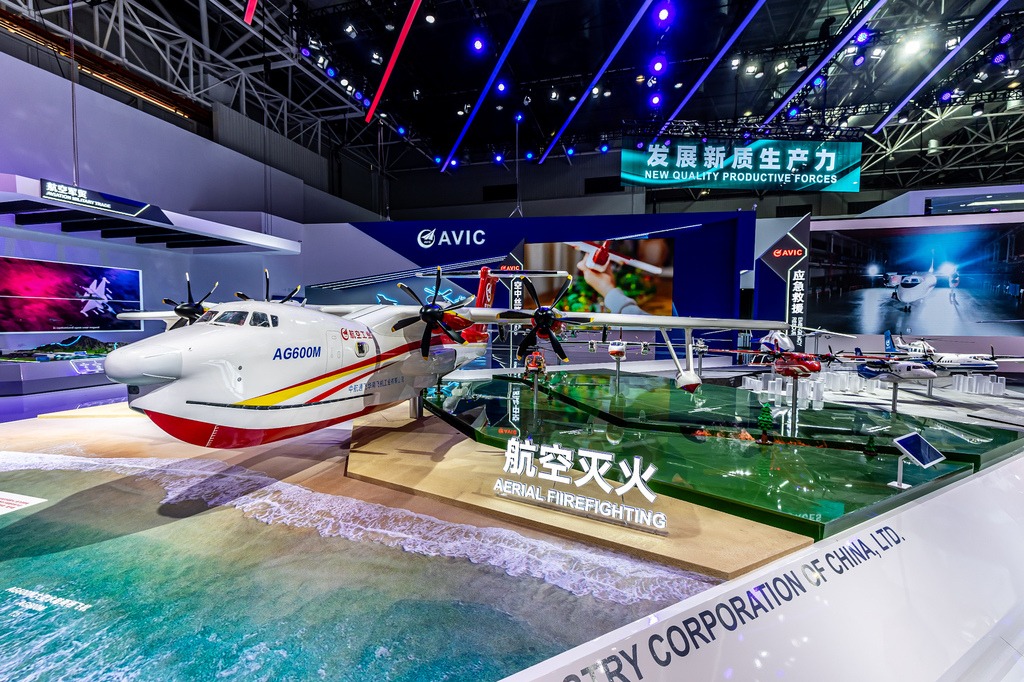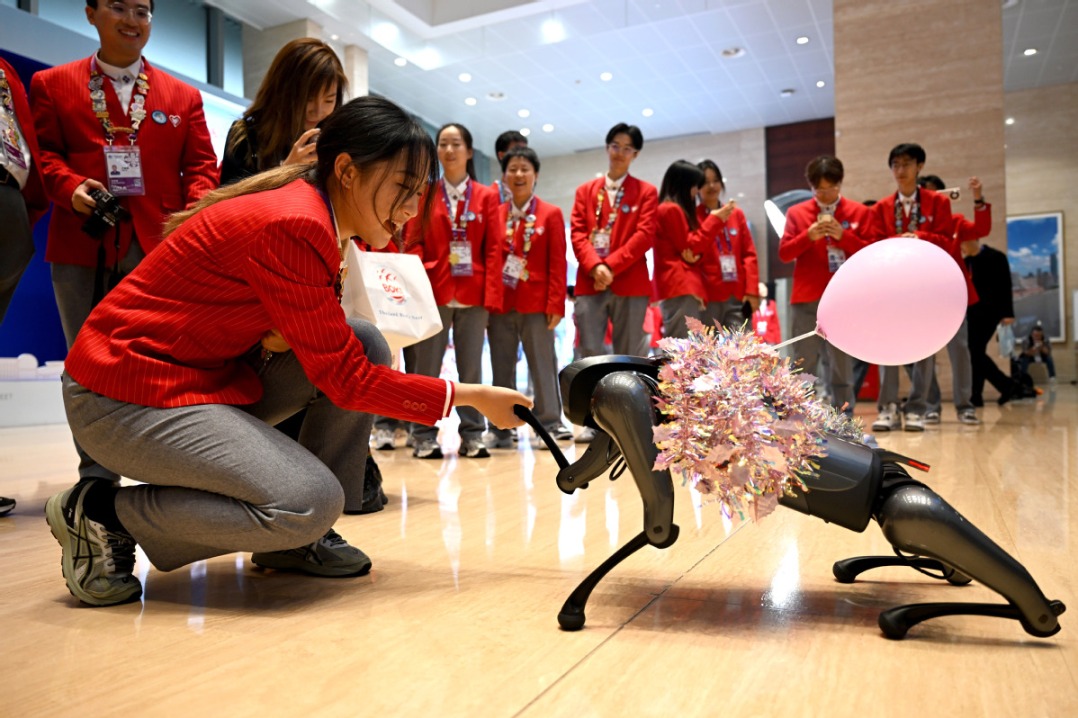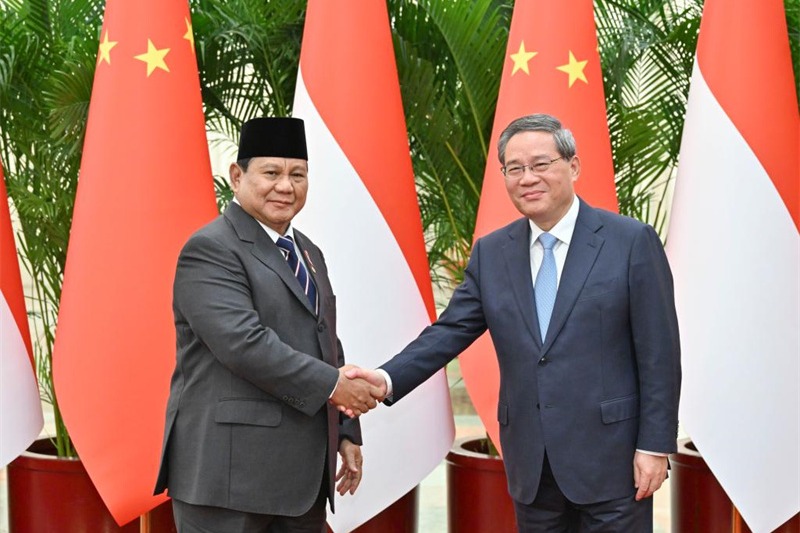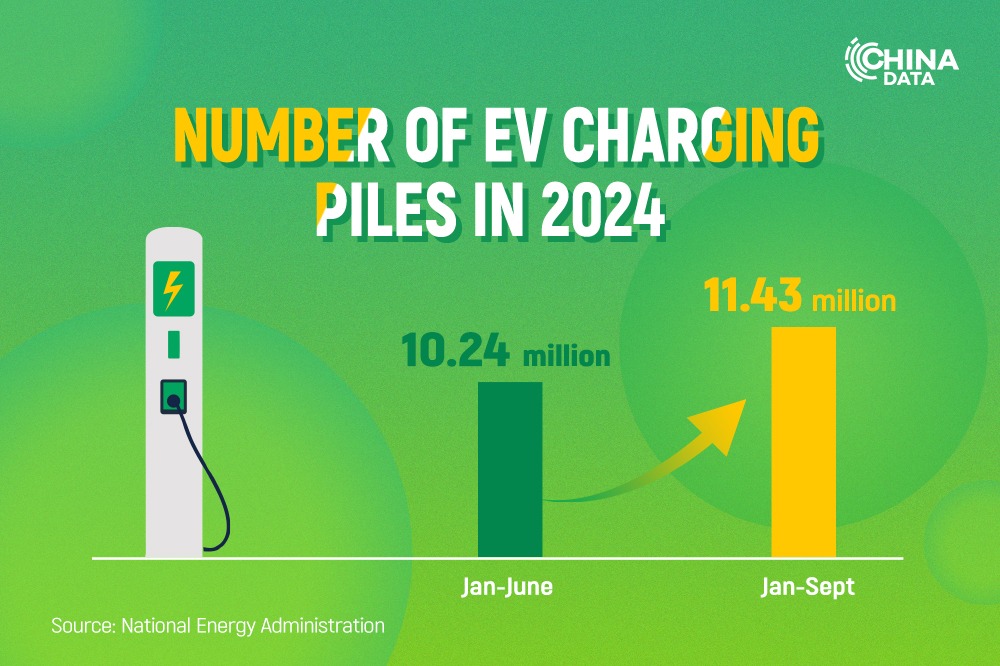VW eyes podium comeback in China from 2026


The Volkswagen brand sees 2026 as a crucial year in China, which is very likely to mark the start for it to restore its glory in the gasoline vehicle era.
Stefan Mecha, CEO of Volkswagen China Passenger Cars Brand, described the year as a "comeback year" for the brand, as it prepares to launch a wave of new energy vehicles through its three joint ventures in the country.
This approach underscores Volkswagen's commitment to regaining competitive strength in what has become one of the most challenging markets for international car manufacturers.
In an interview with Chinese media last week, Mecha explained that 2026 will not only mark key product releases but will also see Volkswagen reach new technological milestones.
Among the upcoming models are next-generation plug-in hybrids, including an updated Passat with over 100 kilometers of electric-only range, as well as new range-extended models.
In addition, Volkswagen will leverage its partnership with XPeng to introduce two new SUV models and will also debut CMP platform-based vehicles, aimed at broadening its market appeal.
To match the pace of China's auto industry, Volkswagen plans to reduce its development cycles to 26 months, a significant acceleration intended to keep the brand in sync with the rapid pace of innovation in China.
According to Mecha, the accelerated cycle reflects China's unique approach to product development and competition.
"Delivering innovation and superior products for consumers is what drives healthy competition," he said, noting that lessons learned in China will serve as a valuable blueprint for Volkswagen's global markets.
While Volkswagen is ramping up its NEV portfolio, the brand will continue to offer internal combustion engine vehicles, recognizing that China's vast geography presents challenges in fully electrifying the market.
Mecha expects a sizeable demand for ICE vehicles to persist beyond 2030, especially as traditional engines become increasingly integrated with intelligent connectivity.
Volkswagen's evolving strategy also includes reshaping its brand image to appeal to a younger Chinese audience. For many consumers aged over 40, Volkswagen is a trusted name, but younger drivers are less familiar with its legacy models like the Santana.
To make a stronger impression, Mecha envisions a refreshed design language for new models, especially those from Volkswagen Anhui, which he hopes will convey a more modern, athletic, and stylish look.
Volkswagen is also setting up brand hubs in major cities like Shanghai and Beijing to enhance customer experience and bolster brand identity.
Mecha expressed optimism that Volkswagen's efforts to accelerate development and revamp its brand image will result in increased sales in China starting in 2025.
By capitalizing on technology and design innovations, the German brand is aiming to solidify its position and ensure long-term growth in the Chinese market.




































